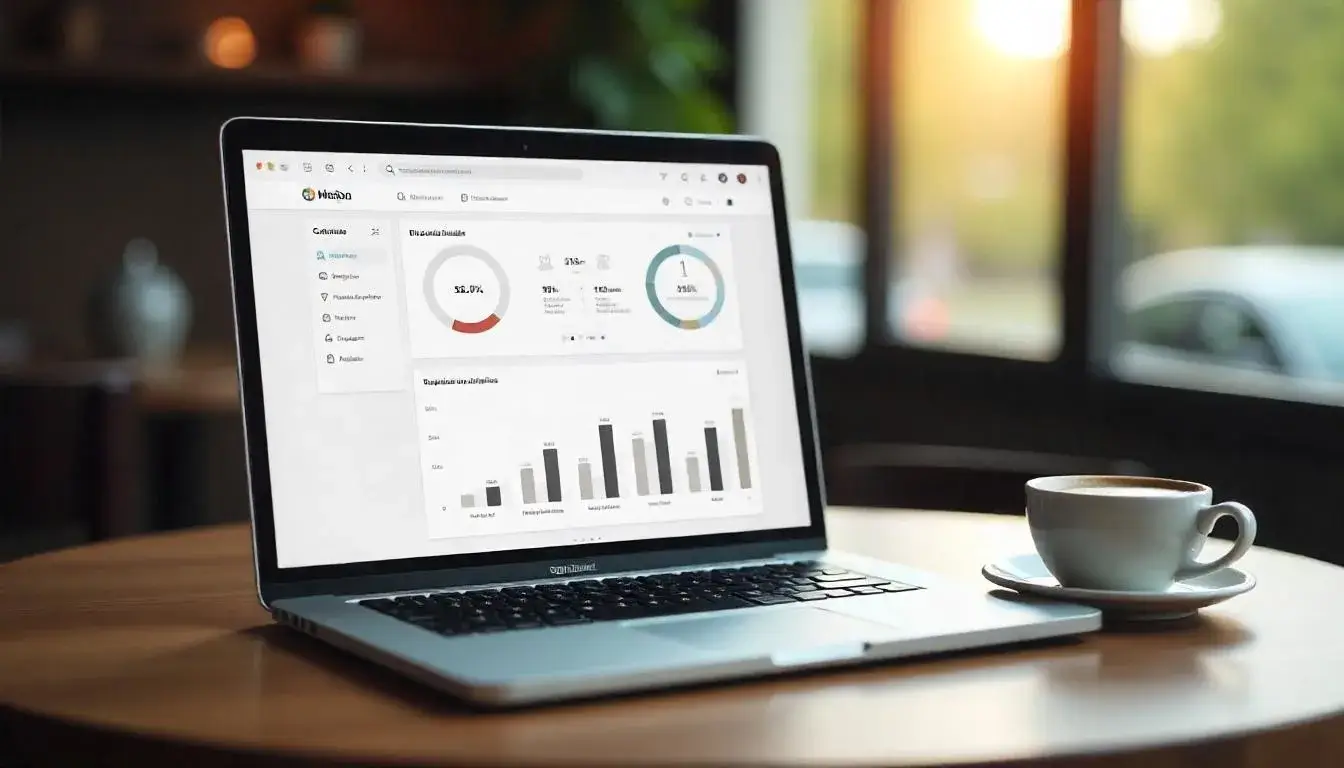Ecommerce SEO Optimization in 2025: Strategies to Boost Your Online Store’s Visibility

With ecommerce becoming more competitive each year, mastering SEO in 2025 is critical for online store success.
From AI-driven personalization to voice search optimization and Core Web Vitals, ecommerce businesses must adapt their SEO strategies to match evolving search engine algorithms and consumer behavior.
This comprehensive guide explores the most effective ecommerce SEO optimization tactics for 2025, tailored to help you boost visibility, traffic, and conversions.
Why Ecommerce SEO Optimization Still Matters in 2025
Search Engines Drive the Majority of Online Store Traffic
Over 40% of ecommerce traffic originates from organic search, making SEO a high-ROI channel.
Buyer Behavior Starts with Search
Before making a purchase, most consumers search for products, compare reviews, and look for deals using search engines.
Evolving Algorithms Require Updated Strategies
Google’s updates in 2025 continue to emphasize user experience, content quality, and website performance.
Key SEO Trends Shaping Ecommerce in 2025
AI and Machine Learning Integration
Smart Recommendations and Personalization
Search engines now prioritize ecommerce sites that deliver personalized search results and recommendations.
Structured Data for Smarter Crawling
Implement schema.org markup to help search engines understand your content and product listings.
Voice Search Optimization
With the continued rise in smart speakers and mobile voice assistants, voice SEO is essential.
How to Optimize:
- Use natural language keywords
- Focus on question-based queries (e.g., “What’s the best wireless headphone under $100?”)
- Create FAQ pages with conversational answers
Mobile-First and Core Web Vitals
Google prioritizes mobile performance. Your site should:
- Load in under 2.5 seconds
- Be visually stable
- Be easy to navigate on mobile devices
Ecommerce SEO Optimization: Best Practices for 2025

Technical SEO Enhancements
HTTPS and Secure Shopping
Ensure your entire ecommerce site uses HTTPS to build trust and improve ranking.
Optimize Crawl Budget
Use tools like Google Search Console to monitor how bots crawl your site. Block low-value pages from indexing.
XML Sitemaps and Robots.txt
Maintain clean, updated sitemaps and robots.txt files to aid discoverability.
Keyword Research for 2025
Shift from Short-Tail to Intent-Driven Keywords
Example: Instead of “sneakers,” use “best breathable running sneakers for summer 2025.”
Use AI-Based Tools
Tools like Surfer SEO and Semrush provide deeper keyword clustering and SERP analysis.
On-Page SEO for Ecommerce Product Pages
Unique Product Descriptions
Avoid using manufacturer descriptions. Write original, keyword-rich content for each product.
Optimized Titles and Meta Descriptions
Ensure your meta tags are compelling and keyword-aligned.
Image Alt Text and Compression
Use descriptive alt text and optimize image size for faster loading.
Internal Linking Structure
Link product pages to relevant blog posts, FAQs, and related products.
Content Marketing Strategies for Ecommerce SEO
Blog Content That Converts
Long-Form Buying Guides
Create evergreen content like “2025 Smartwatch Buying Guide” or “Top Eco-Friendly Kitchen Tools in 2025.”
Product Comparisons and Reviews
These help with E-A-T (Expertise, Authority, Trustworthiness) and attract high-intent traffic.
User-Generated Content
Encourage customers to leave reviews, post photos, and share testimonials.
Benefits:
- Builds trust
- Adds fresh content
- Boosts long-tail keyword opportunities
Video SEO
Host product explainers and unboxings on YouTube and embed them on your site.
Tips:
- Use transcripts and captions
- Include your keywords in video titles and descriptions
Backlink Strategies for Ecommerce SEO
Partner with Influencers
Get backlinks from niche influencers or affiliate bloggers.
Guest Posting
Write guest posts on relevant industry blogs to earn authority backlinks.
Digital PR Campaigns
Promote unique data or tools that journalists and bloggers would want to cite.
Local SEO for Online Retailers with Physical Presence
Optimize Google Business Profile
Ensure accurate name, address, and phone number (NAP), business hours, and customer reviews.
Location-Based Landing Pages
Create dedicated pages for each store location with localized content and keywords.
Analytics and SEO Monitoring Tools in 2025
Use GA4 (Google Analytics 4)
Track events, conversions, and user paths across devices.
Leverage AI SEO Tools
Tools like Clearscope, Jasper, and RankMath Pro help scale content and SEO tasks effectively.
Common Ecommerce SEO Mistakes to Avoid
Duplicate Content
Never reuse content across multiple product or category pages.
Poor Site Architecture
Make sure navigation is intuitive and crawlable. Use breadcrumb navigation.
Ignoring Mobile Optimization
In 2025, over 70% of ecommerce traffic is mobile. Responsive design is non-negotiable.
Preparing for the Future: SEO in 2026 and Beyond
Embrace AI-Driven Commerce
Prepare your store to integrate with AI shopping assistants and personalized algorithms.
Focus on Customer Experience
Sites that provide superior UX will dominate rankings.
Optimize for Zero-Click Searches
Answer questions directly on your page to win featured snippets.
Conclusion: Stay Ahead with Ecommerce SEO Optimization
In 2025, ecommerce SEO optimization is no longer just a best practice—it’s a necessity. With evolving search algorithms, increasing competition, and rising customer expectations, online store owners must implement robust, up-to-date strategies to stay visible and relevant. By following the tactics in this guide, you can improve rankings, drive more traffic, and increase conversions in the year ahead.
Frequently Asked Questions (FAQ)
What is ecommerce SEO optimization?
Ecommerce SEO optimization involves techniques to improve your online store’s visibility in search engine results, boosting traffic and sales.
How has SEO changed in 2025?
In 2025, SEO prioritizes user experience, mobile-first design, voice search, and AI-driven personalization.
What tools can I use for ecommerce SEO in 2025?
Tools like GA4, Semrush, Surfer SEO, Jasper, and RankMath Pro are among the best for ecommerce SEO tasks today.
Why is content important in ecommerce SEO?
Content attracts organic traffic, educates customers, and improves authority, making it essential for ecommerce SEO success.
How long does it take to see SEO results?
Generally, 3–6 months, depending on your site’s age, domain authority, competition, and strategy execution.
Related Posts
Taobao Global 2025: A Beginner’s Guide to Shopping and Shipping Worldwide Taobao Global Shipping Explained: Costs, Methods, and Tips for 2025


Leave a comment